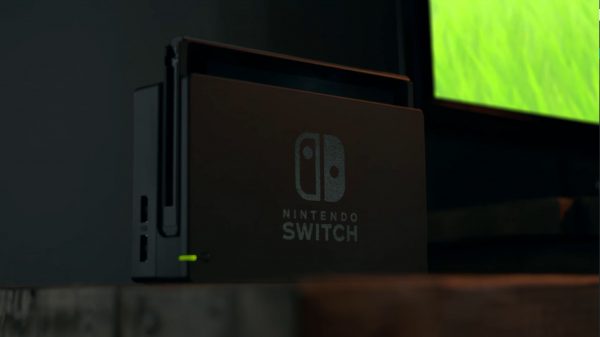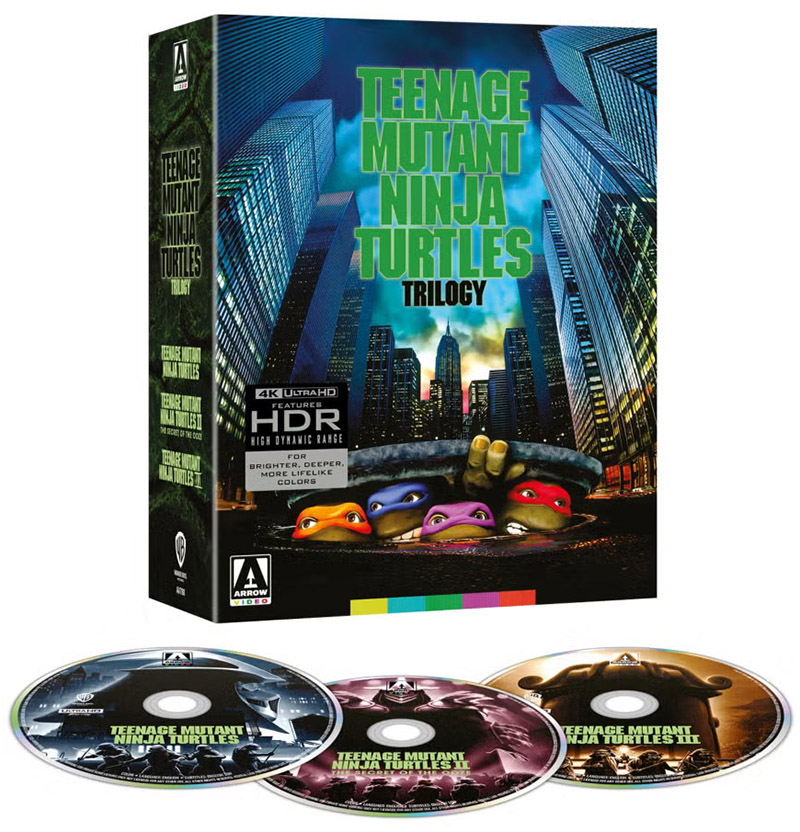
Defining the success of a video game console as a fan can actually be a somewhat difficult process.
The problem is that individuals can define success in so many different ways. If a console featured their favorite game of all-time, they might consider it a success. If it afforded them “X” hours of entertainment, they might consider it a success. This is why some people fondly remember what are considered to be some of the worst consoles ever made.
The industry doesn’t care about nostalgia, however. Oh sure, executives may write off slumping sales as a case of their attempt to appeal to hardcore fans, but the fact remains that there is only one metric which defines the success of a console in a traditional way. Unit sales figures.
For instance, the Sony PlayStation might not have been everyone’s personal favorite system, but it sold over 101 million units. It was a success. The Sega Dreamcast may be remembered as the console that hosted some of the greatest games of all-time, but it sold less than 10 million units. It was a failure.
If this sounds like a cold way to interpret success and failure, that’s because it is. It doesn’t take into account innovation, quality, or personal memories. Yet, it is the only reliable metric we have when it comes time to determine the winners of a console race. Every console has a magic number.
For the Nintendo Switch, that magic number is 25 million.
To be clear, Nintendo will not win the console sales race by only selling 25 million units. Not even close. 25 million also won’t make the Switch the most popular Nintendo console ever. Not even close. So what is the significance of that number?
Well, 25 million is significant because it’s a number that Nintendo has struggled to reach in recent years. The Wii U sold 13.5 million units. The GameCube sold 22 million. The Wii sold over 100 million units, but that was a perfect storm of concept and timing. It’s not a realistic goal for defining success in this instance.
Honestly, 25 million might not be either. The Xbox One and Xbox One S combined have reportedly sold about 26 million units, and those consoles arguably have much more mainstream appeal thanks to their multimedia features. Even then, that’s considered to be a low number in the current console sales race.
Nintendo isn’t Sony or Microsoft, however, They’re a company that is trying to prove that the value of their name and their ideas is enough to make them contenders. Historically, consoles that were considered to be “successful” or at least market contenders have reached that 25 million unit mark. The Xbox and Nintendo 64 were at or right above it, for instance, while the Saturn and Master System were well below it.
Nintendo can point to 25 million units and say that “We nearly doubled the install base of the Wii U and put ourselves on equal footing with our competitors.” It’s a number which will justify their continued decision to make consoles their way.
Less than 25 million, however, and they’ll once again be left making excuses and relying on your sentiment.













This is some majorly flawed logic.
Truth is Nintendo could consider the Switch a success with far LESS units than that being sold. Why? It comes down to return on investment.
How much money has Nintendo invested into Switch? Who knows. I doubt even Nintendo can quantify it that easily. I think they’ll look at per-unit cost though. Research and development investment is kind of on going, so you don’t see a return “directly”, but certainly cost per unit weighed up against profit per unit sold is a better indicator.
So, let’s just say Nintendo needs to order a minimum quantity of 2 million consoles from the factory. Let’s assume the Switch costs US$150 to make. I doubt it does, but for the sake of argument we’ll say it does. So, Nintendo rakes in $50 profit per unit sold in this example.
That is to say, $50 * 2,000,000 = $100,000,000. One hundred million dollars in profit for selling its entire first minimum quantity order.
Interestingly, it doesn’t even need to sell those units to me and you. Depending on how Nintendo’s sales systems is set up, retailers are the ones buying those units from Nintendo in the first place. This is why companies talk about “units shipped”, because frankly the console you buy from Target has already been paid for. Target buys it from Nintendo.
So what I’m getting at is Nintendo Switch is already “successful” because, from all reports, all of its first shipment have been on-sold to customers already, even before launch. So Nintendo has already made money from Switch, and retailers are probably placing second or third orders.
You’re right in saying “success is relative”, but you’re wrong for ignoring that sentence and going off on a tangent about what Nintendo needs to be successful. The magic number is “2 million” because we know that’s Nintendo’s entire first batch, and we know the console isn’t being sold at a loss. If Nintendo sells 2 million and only 2 million, financially it’ll be a success.
well it will destroy the 4m ps4’s in japan…lmao..out of so called 50m only 4m in its home country and only about 15m in the usa.i have no idea who is buying ps4’s but its not in japan or the usa…lmao
50m consoles from where????????